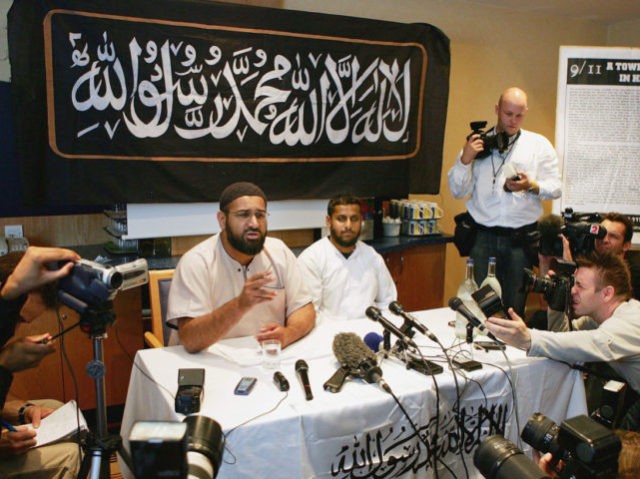The British media should refrain from reporting the specifics of Islamic terrorism to avoid creating a backlash against Muslims, according to a report by a committee of the Council of Europe.
British politicians including David Cameron and Nigel Farage also came in for criticism, accused of fuelling a rise in xenophobia, Islamophobia, and hate speech in the UK.
The 83-page report, by the European Commission against Racism and Intolerance (ECRI), notes what it calls a “considerable intolerant political discourse in the UK, particularly focusing on immigration” and says that “hate speech continues to be a serious problem in tabloid newspapers”. It also suggested that online hate speech “targeting Muslims in particular has soared” over the last three years.
The ECRI, based in Strasbourg, France, is a human rights panel of the Council of Europe, an international organisation of 47 member states dedicated to promoting human rights and the rule of law within Europe.
In its recommendations, drawn up following a visit to the UK in November 2015, the ECRI suggested the British press be regulated to prevent it from publishing anything considered to be hate speech via the introduction of a press regulator.
It singled out the press’s coverage of Islamic terrorist incidents for particular censure, suggesting that media outlets refrain from reporting the Islamic motives of terrorist attacks to avoid a “backlash” against Muslims.
In the report, the Commission said: “ECRI considers that, in light of the fact that Muslims are increasingly under the spotlight as a result of recent ISIS-related terrorist acts around the world, fuelling prejudice against Muslims shows a reckless disregard, not only for the dignity of the great majority of Muslims in the United Kingdom, but also for their safety.
“In this context, it draws attention to a recent study by Teeside University suggesting that where the media stress the Muslim background of perpetrators of terrorist acts, and devote significant coverage to it, the violent backlash against Muslims is likely to be greater than in cases where the perpetrators’ motivation is downplayed or rejected in favour of alternative explanations.”
Politicians including the former Prime Minister David Cameron and former UKIP leader Nigel Farage also came in for criticism for their rhetoric on migration.
“There continues to be considerable intolerant political discourse, coming from the populist anti-migrant UK Independence Party (UKIP) as well as other political actors,” the report said, pointing to UKIP’s warning on extending open borders to Romania and Bulgaria as evidence.
Farage is singled out for contributing to a “climate of mistrust and fear of Muslims” thanks to his warning that “there is rising public concern about immigration partly because people believe there are some Muslims who want to form a fifth column and kill us”.
Meanwhile, Cameron is slammed for using the word “swarm” in relation to attempts by illegal migrants in Calais to storm the channel tunnel repeatedly last summer.
“It is no coincidence that racist violence is on the rise in the UK at the same time as we see worrying examples of intolerance and hate speech in the newspapers, online and even among politicians,” said ECRI Chair Christian Ahlund.
“The Brexit referendum seems to have led to a further rise in ‘anti-foreigner’ sentiment, making it even more important that the British authorities take the steps outlined in our report as a matter of priority.”
The wide-ranging report makes a total of 23 recommendations, including that “the authorities should … establish a real dialogue with Muslims in order to combat Islamophobia and consult them on all policies which could affect Muslims,” and that reporters should be given “more rigorous training” by the government.
Northern Ireland was also criticised for failing to introduce legislation legalising gay marriage, an apparent oversight which the Commission said ought to be remedied.
But the British government has dismissed suggestions that it add another layer of press regulation on top of the Independent Press Standards Organisation (IPSO), set up in 2014.
In a written statement to the ECRI, it said: “The Government is committed to a free and open press and does not interfere with what the press does and does not publish, as long as the press abides by the law.”

COMMENTS
Please let us know if you're having issues with commenting.